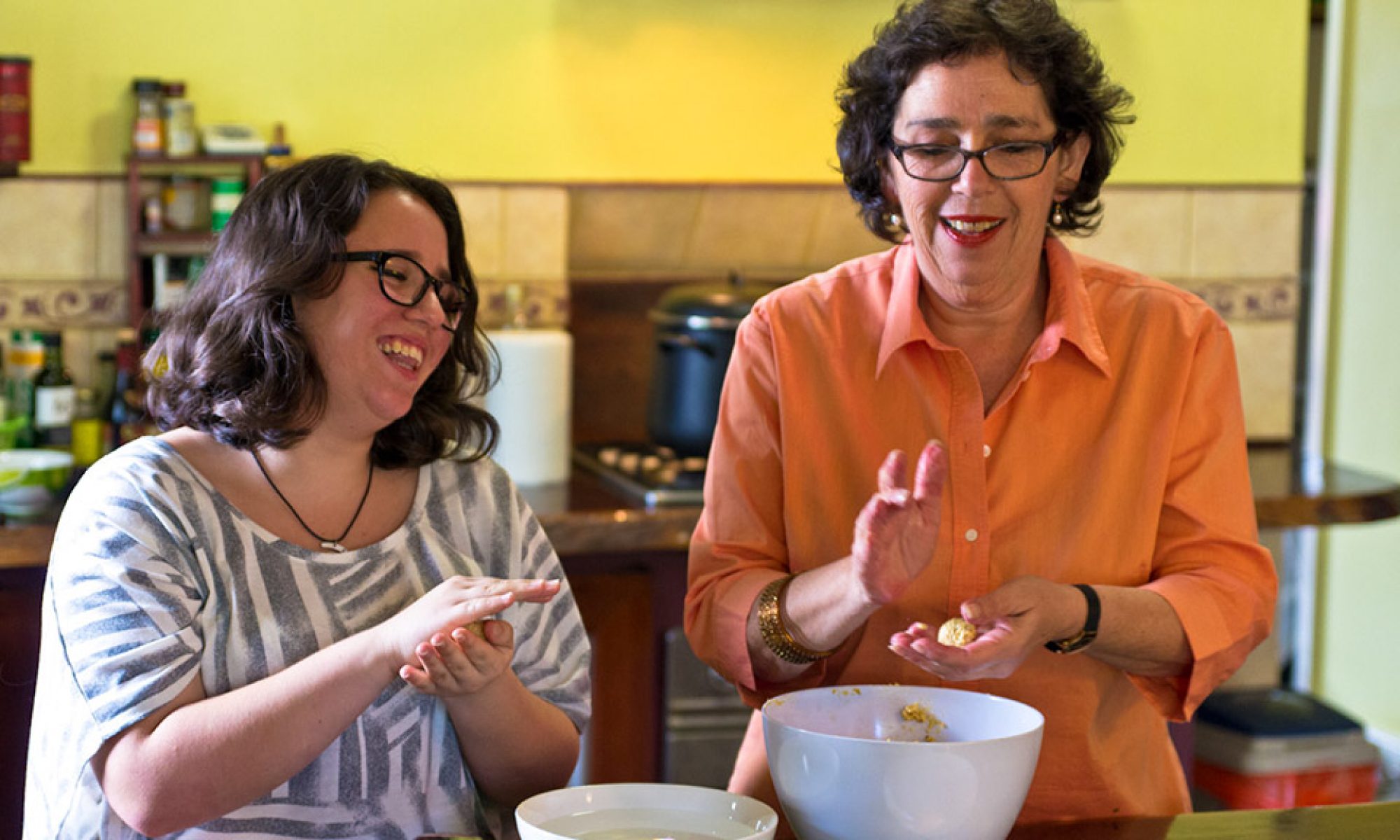Though the mornings are getting warmer, Sunday mornings offer something of a quandary for this foodie. How should slow weekend days begin? A sleep-in followed by a leisurely breakfast in bed, perusing the papers? Or will culinary considerations rule? Early though it may be, a trip to my nearest farmers’ market is sure to at least provide good fair-trade coffee and an organic egg and bacon roll. Yes the bacon is free-range; the roll is made from organic ingredients, as are the blanched spinach and array of sauces. I must weigh up my need for the luxury of a late start against the need to express my eco-friendly, slow identity. Joking aside, should a trip to the FM be a compulsory element of a slow weekend?
We need to consider what is at stake, not steak, though no doubt that will also be free-range. Artisanal foods – boutique foods made on a small scale – are the antidote to the mass consumption offered by supermarkets and fast food outlets. They are more expensive, reflecting the smaller scale of production and increased cost of high quality ingredients. If we want to continue to see these products on sale; those of us who can afford them should support these local producers.
Surely the most important consideration is of ”food miles.” Those of us concerned with reducing food miles are becoming known as “locavores”, add that to your wardrobe of identity formulations. Locavores recognize that the further food travels the greater its carbon footprint. Importing foods from afar is wasteful from the point of view of fuel costs in transport and also the extra packaging that may be involved. However, there are some products which are clearly associated with a particular country or region. If we forgo these luxuries what happens to the struggling farmers in that area?
If we buy locally from food producers we meet we can be assured of fair trade, we can assume no child exploitation has been involved. Young Bluey helping on the farm is not experiencing the life of African children sold into slavery for the hazardous job of picking cocoa beans.
Then there’s the experience. If speed is your thing the supermarket makes sense, while the Farmer’s Market offers a community experience during which you forage for hidden gems all the while expressing your eco-consciousness as you stuff organic goodies in your sustainable shopping bags.
Farmer’s markets are spreading, no doubt aided by the messages delivered by the likes of Maggie Beer, the ever effusive Costa and of course Stephanie Alexander whose Kitchen Garden Project continues to spread and to inspire, showing children how to grow fruit and vegetables and encouraging their pleasure and wonder in that process. Those who take in the message will face the weekend challenge in years to come. Let’s hope the egg and bacon sandwiches continue to thrill.
Dr Felicity Newman is a member of the Centre for Everyday life at Murdoch University

